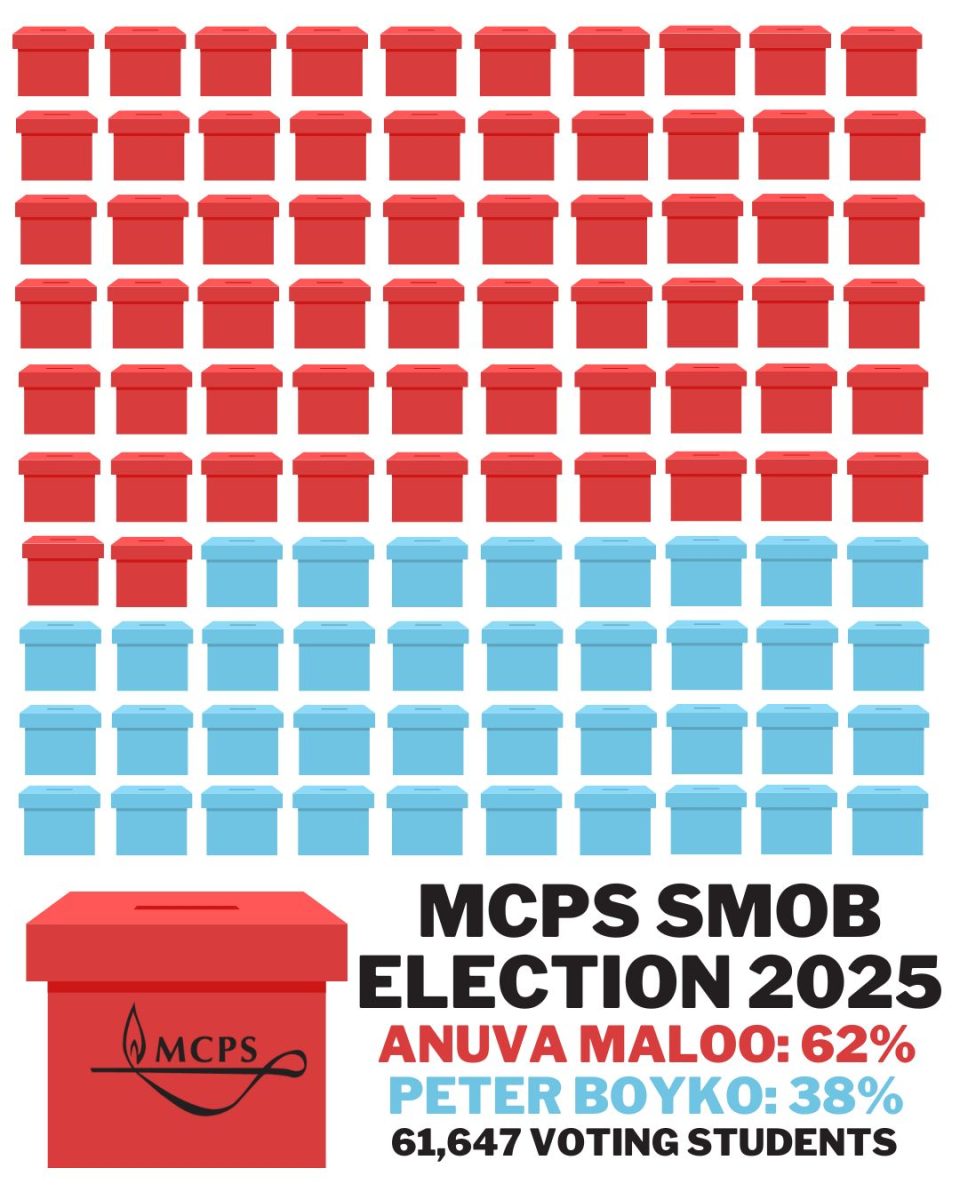April 29 will mark the 100th day of Donald Trump’s presidency. Traditionally, 100 days after a new administration has taken office has been used as a benchmark to measure their performance and impact over America. Over the course of his term so far, Trump has already made significant and impactful changes to the role of the federal bureaucracy and the political system as a whole. The administration’s main focuses have been on immigration enforcement, economics, and government efficiency.
Immigration enforcement is among the top of the administration’s agenda and was pivotal in helping him beat former vice-president Kamala Harris in 2024. So far, Trump has signed several executive orders to detain and deport immigrants who have entered this country illegally. In the last month, he has superseded court rulings and ignored the right to due process in the 5th Amendment, citing the centuries-old Alien Enemies Act which allowed presidents to deport illegal aliens during wartime. Among these initiatives, which caught the attention of many Americans back in March, were directives that allowed Immigration and Customs Enforcement (ICE) to enter “sensitive” areas such as schools and churches, which faced backlash from the RM community.
Another high-profile local case was that of Kilmar Abrego Garcia, a 30-year-old in Maryland who was among those deported in plane loads on March 15, despite not having any criminal record and having a legal right to stay. ICE admitted its error in his deportation, leading to the Supreme Court demanding his facilitation back to America, and Maryland senator Chris Van Hollen (MD-D) flying to El Salvador to meet his constituent. So far, though, Trump has had informal discussions with Salvadoran president Nayib Bukele and declared that Garcia cannot be returned, which some portray as him openly defying the Supreme Court. If true, this would pose a constitutional crisis and set precedent for the president’s authority in relation to the Supreme Court. The only significant time this has happened before is when Andrew Jackson – a president that Trump has admired – disobeyed Worcester v. Georgia as he facilitated Indian removal against the will of the Supreme Court. Nevertheless, Trump seems unphased by court rules and those questioning the constitutionality of these deportations and is pressing forward with his efforts.
Another important campaign promise that Trump followed through on was tariffs against foreign nations, which has already impacted local communities and met mixed reactions. On April 2, coined “Liberation Day”, Trump announced reciprocal tariffs that have affected 90 nations who export to the United States. Among the highest were US tariffs on Chinese imports, which jumped dramatically to 125%, some even higher on select goods. While some economists argue that the benefits from these tariffs will take a longer time to take effect, many worry that they could increase prices and escalate into a larger global trade war. “If enacted correctly, tariffs can support domestic industry, however it’s a very difficult thing to do,” AP and IB Economics teacher Christopher Hisvark said. Fear among investors caused the stock market to fall significantly around Liberation Day as investors realized that Trump was going to go through with his promises on high tariffs, although they rebounded a few days later.
The S&P 500’s 7.9% drop from inauguration day through April 25 is the worst stock market performance since President Richard Nixon’s second term. “In the long run, tariffs will cause prices to go up for consumers and also most likely cause inflation,” Hisvark noted. While Trump has scaled back on some of these tariffs, he still plans to utilize tariffs for negotiations and as a way to target nations that (he believes) have exploited America in the past.
Trump has also completely altered the federal bureaucracy and made lasting changes to many government agencies, vowing to improve government efficiency. The most well-known of these initiatives is the Department of Government Efficiency (DOGE), headed by controversial billionaire Elon Musk, which has vowed to get rid of unneeded government spending. This new department has seen mixed results, as it lowered its savings goal multiple times, initially from $2 trillion to $1 trillion, and then down to $150 billion. DOGE has claimed it has saved $160 billion, however some say that the statistic includes errors and overcompensation. While many agree with the administration’s attempt to increase government efficiency, they have criticized the reckless tactics being used to decrease federal spending, including mass firings of federal workers and eradication of programs that many Americans rely on.
One of the more high-profile examples of this is the “five things” emails, in which federal workers were required to send an email every week listing five accomplishments they completed or were fired. Proponents have argued that this simple task has the potential to improve efficiency, while opponents argue that it undermines the hard work that federal employees do for their country. “While most people agree in increasing government efficiency, some of the ways that the Trump administration is going about it are reckless. Getting rid of all of these programs and firing this many people so fast is going to have impacts on many Americans,” Sophomore Giacomo Galdzicki said. Sophomore Gavin Manske agrees, noting that “Trump and Musk’s defunding of welfare programs is affecting tens of thousands of government employees, and millions of dollars of critical foreign aid can’t be sent to countries in need. This is going to have a long-term effect on millions of people, both domestically and internationally.”
Trump’s remainder of his term will continue to represent a pivotal moment in American history, as his administration attempts to alter the structure and role of the federal government. The outcomes from his time in office will determine the balance of power for future presidents to come, as his administration constantly sets new precedents. “Whether you support Trump or not, you can’t deny his massive impact on our government. The changes he makes now to the federal bureaucracy will have impacts for years to come,” Galdzicki said.













